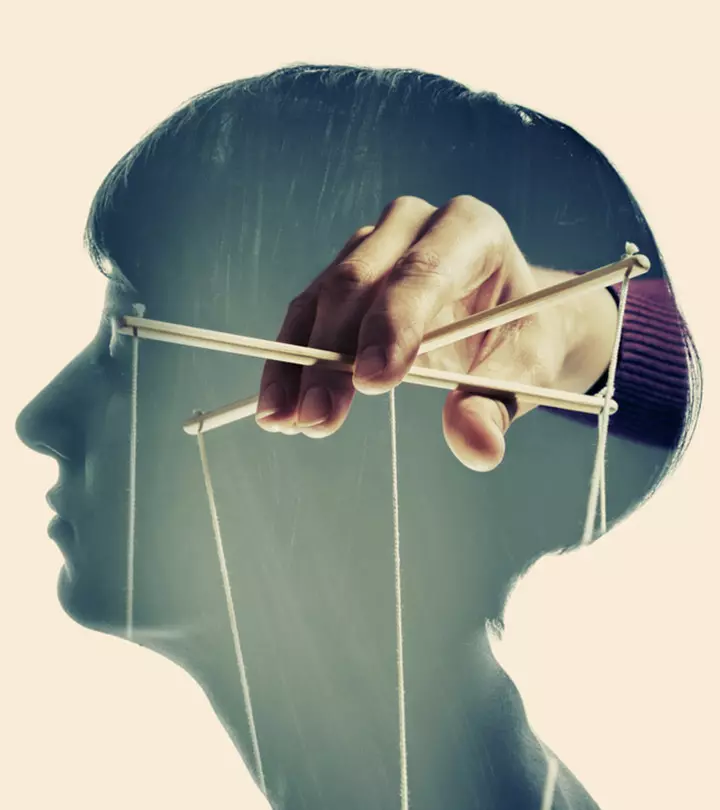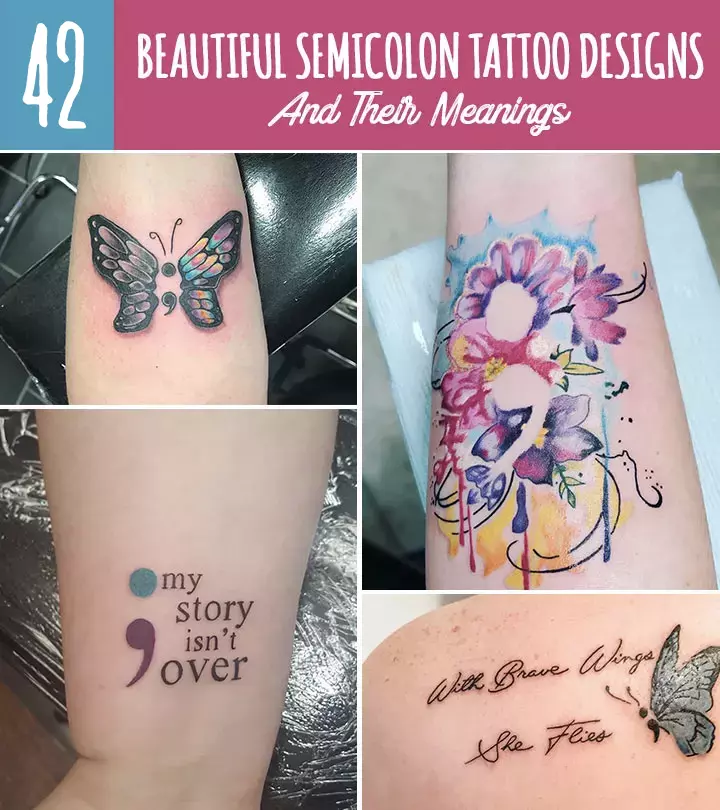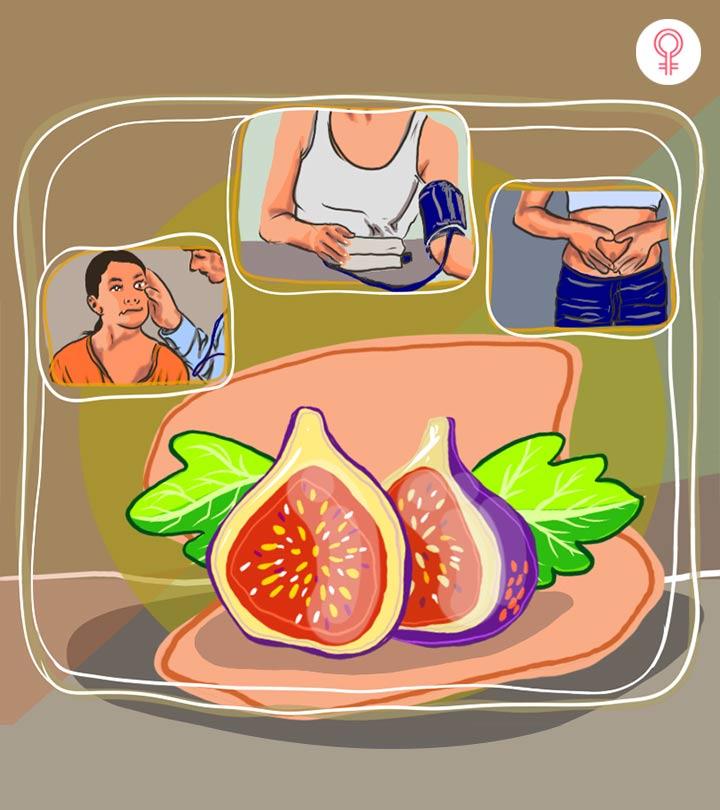Do You Have Relationship OCD? Here Are 4 Signs That Can Confirm It

Image: Shutterstock
When it comes to mental health, Obsessive-Compulsive Disorder (OCD) is a term that is often associated with repetitive behaviors and intrusive thoughts. Within the spectrum of OCD lies a lesser-known subtype that can impact romantic relationships. It is called Relationship OCD (R-OCD). While not officially recognized as a separate diagnosis in the DSM-5 (The Diagnostic and Statistical Manual of Mental Disorders), R-OCD manifests as obsessive doubts and compulsive behaviors centered around intimate connections. In this article, we will talk about this often misunderstood phenomenon and explore some signs that may indicate the presence of R-OCD. Read on!
1. Constant Doubts And Overanalyzing
One hallmark of R-OCD is the incessant questioning of one’s feelings for a partner. It can also be questioning the authenticity of the relationship itself. People with R-OCD may find themselves trapped in a cycle of doubt. They continuously analyze their emotions and the dynamics of the relationship. Every interaction, whether positive or negative, becomes fodder for obsessive scrutiny. It may lead to heightened anxiety and distress.
Imagine a person who constantly questions their love for their partner’s unwavering affection and support. Their mind incessantly conjures up doubts about their compatibility and the longevity of their relationship. These doubts pervade their thoughts, overshadowing moments of intimacy and joy and leaving them feeling trapped in a web of uncertainty.
2. Seeking Reassurance
In an attempt to reduce the distress caused by obsessive doubts, people with R-OCD often seek reassurance from their partners. They may repeatedly ask for validation or confirmation of their feelings, hoping to find temporary relief from the overwhelming anxiety plaguing their minds. However, this constant need for reassurance can strain the relationship and create a cycle of dependency. It can further exacerbate the individual’s distress.
For example, a person may seek reassurance from his partner, questioning whether they truly love them and if their relationship is solid. Despite their partners’ consistent reassurances and displays of affection, the doubts persist. It can lead to frustration and tension between them. The cycle continues, with the person seeking reassurance only to find temporary relief before the doubts resurface once again.
3. Comparing Relationships
People with R-OCD often engage in compulsive comparisons between their current relationships and past ones. They might even idealize versions of relationships portrayed in the media. They may fixate on perceived flaws or shortcomings in their current partner. It leads to feelings of dissatisfaction and discontentment. This constant comparison can erode trust and intimacy within the relationship, as the individual struggles to reconcile their expectations with reality.
It is like a person who finds themselves constantly comparing their relationship with their partner, to those of their friends or fictional couples in romantic movies. Despite the partner’s genuine affection and efforts to nurture their relationship, the person can’t shake the feeling that something is missing. They fixate on minor imperfections and discrepancies, longing for a relationship that aligns perfectly with their idealized fantasies.
4. Ritualistic Behaviors And Avoidance
To cope with the distress caused by R-OCD, people may develop ritualistic behaviors or avoidance strategies. These behaviors serve as temporary coping mechanisms, providing a fleeting sense of control over their anxieties. However, these rituals and avoidance tactics only serve to reinforce the cycle of OCD. It perpetuates the person’s distress and impairs their ability to engage fully in the relationship.
Consider a person who experiences intense anxiety whenever their partner expresses affection or intimacy. To cope with these feelings, they develop ritualistic behaviors. It can be something like counting or repeating phrases in their mind until the anxiety subsides. They also begin avoiding situations that trigger their intrusive thoughts like withdrawing emotionally and physically from the relationship. Despite the best efforts to cope, the partner finds themselves increasingly isolated and disconnected from the partner.
How To Help Your Partner?
Dealing with R-OCD requires an approach that combines self-awareness, coping strategies, and professional support. Firstly, acknowledging and accepting the presence of R-OCD is crucial in initiating healing. Cultivating mindfulness and self-compassion can help people deal with the anxieties associated with R-OCD. It can help foster a greater sense of emotional resilience. It’s essential to challenge irrational beliefs and cognitive distortions through cognitive-behavioral techniques. It can be such as cognitive restructuring and exposure therapy, under the guidance of a qualified therapist (1). Building open and honest communication with partners can also provide invaluable support. It can help build understanding and empathy within the relationship.
Practicing self-care and prioritizing mental health through activities like exercise, meditation, and creative outlets can aid in managing stress and promoting overall well-being. Remember, seeking help is a sign of strength, and with patience and perseverance, people can overcome the challenges of R-OCD and cultivate healthier, more fulfilling relationships.



























